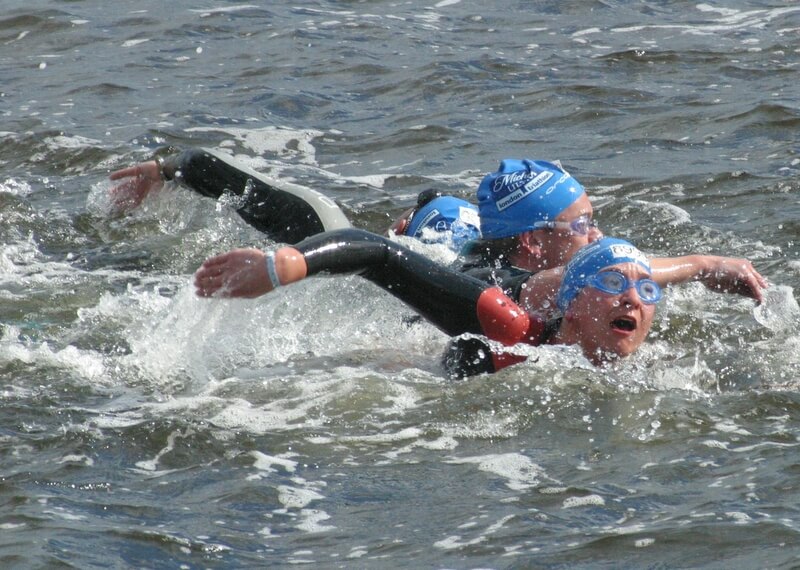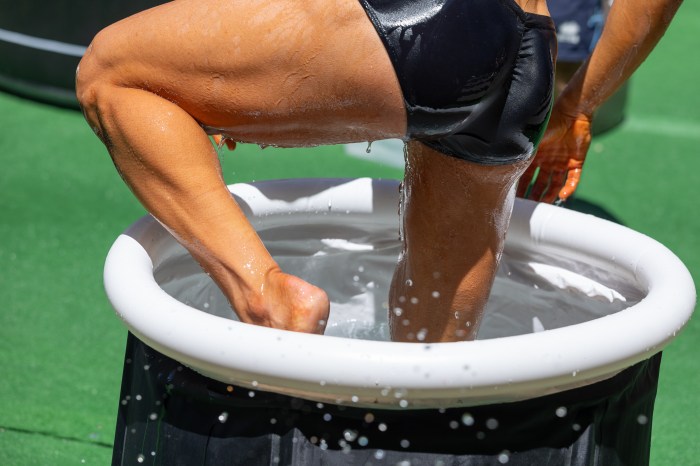 New York State Office of Parks, Recreation and Historic Preservation Commissioner Rose Harvey today reminds boaters of the dangers of sudden unexpected cold water immersion associated with early season recreational boating outings, especially on small boats.
New York State Office of Parks, Recreation and Historic Preservation Commissioner Rose Harvey today reminds boaters of the dangers of sudden unexpected cold water immersion associated with early season recreational boating outings, especially on small boats.
“As the days grow longer and the sun warmer, many kayakers and canoeists begin thinking about their first venture upon the water for the year,” Harvey said. “In doing so, it’s essential to recognize that water temperatures are still extremely cold and will remain relatively so throughout the spring months. The dangers associated with cold water and sudden unexpected immersion can quickly turn a pleasant day into a tragic one.”
The NYS Office of Parks and Recreation along with the United States Coast Guard strongly recommend wearing life jackets, especially while aboard small manually propelled watercraft. In fact, New York life jackets are required to be worn on any boat less than 21 feet in length between November 1st and May 1st.
The physiology of cold water immersion includes an uncontrollable gasp reflex, causing hyperventilation, leading to unconsciousness or to swimming failure as limbs become numb. Having a life jacket on may keep your head above water and support your body should swimming ability fail or you become unconscious and greatly increases chances of rescue.
Additionally it is recommended that all boaters:
- Properly equip and carry essential safety gear, signaling devices and whistles;
- Use of either a dry or wet suit when conditions dictate;
- Consider taking a cell phone or radio with you, carried in a watertight bag;
- Always let others know where you’re going and when to expect your return;
- Take a boating safety or paddle sport skills course; and always,
- Refrain from mixing alcohol with boating.
Should you find yourself in the water it is recommended that you stay with – and preferably on top of – your boat. Never overestimate your swimming ability, especially in cold water. All too often people underestimate the distance to shore or the effects of cold water and unfortunately drown while attempting to make it to safety.
Of New York’s 25 fatalities associated with recreational boating in 2012, almost a third of those deaths involved small manually propelled watercraft, occurring either early or late in the season when water temperatures were cold. In almost every one of those fatal accidents life jackets were not worn and in some cases weren’t even on board at the time of the accident. The Coast Guard estimates that 80 % of all boating accident deaths might have been prevented had a life jacket been worn.
For more information on safer boating and cold water risks visit www.nysparks.com.


































